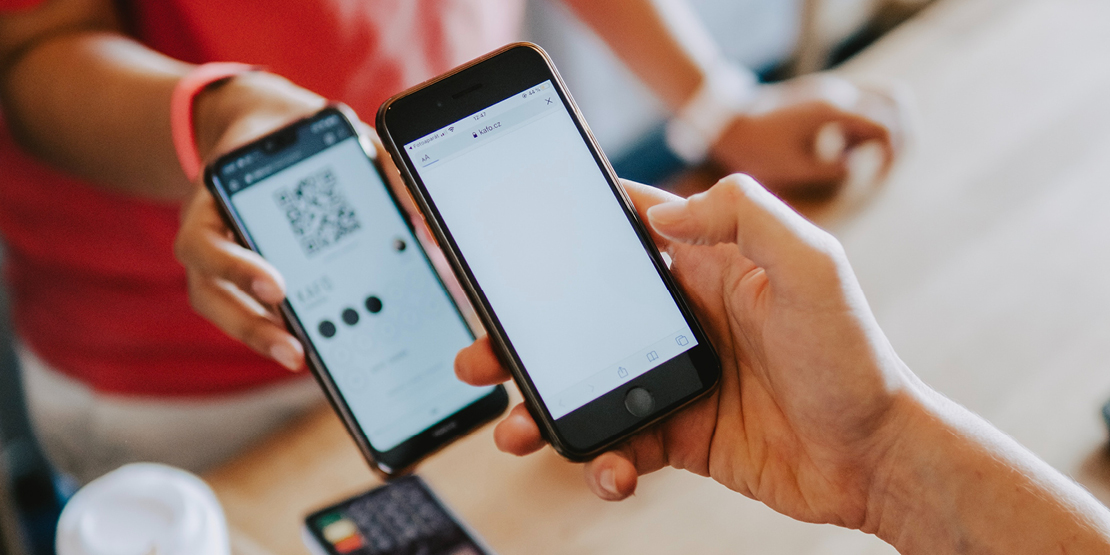QR Code Scams on the Rise
QR codes are rapidly gaining prominence as a contactless tool to quickly access information online. QR codes are square-shaped barcodes read by your phone’s camera that quickly lead you to online resources. You may recognize these codes from restaurant menus, real estate ads, or parking meters.
With the increased everyday usage of QR codes due to the wide use of smartphones and preference for contactless interactions brought upon by the COVID pandemic, hackers saw an opportunity to use this technology to deceive consumers. Scammers will create malicious QR codes that look just like legitimate codes that trick consumers into disclosing their personal or banking information.
In only a matter of seconds after a malicious QR code is scanned, a scammer can steal your credit card information, banking information, and other personally identifiable information. However, there are ways to identify and avoid potential QR code attacks, so you can continue to utilize the convenience of QR codes without worrying about compromising your personal information.
How to Protect Yourself
- Don’t scan a randomly found QR code. Avoid suspicious codes the same way you should never click on suspicious links or attachments. If the QR code is blurry or has spelling errors, there’s a good chance it’s a scam.
- Be suspicious if you’re prompted to enter a password. A scammer can then use your password to gain access to your other personal accounts.
- Verify the source of the code. Don’t scan QR codes from an email if you don’t know the sender. Call the sender to confirm their identity. Carefully examine the message’s email address, URL, and spelling. Scammers may use spoofed email addresses that are easy to miss if you aren’t paying attention.
- Determine if the QR code has been tampered with. Some scammers will paste a false QR code over a legitimate one. Inspect the surface the code is on to ensure it has not been interfered with.
- Be cautious of short links. If a QR code directs you to a shortened URL address, such as a bitly web address, you won’t be able to tell where the code is directing you. This could be a sign of a scam.
QR codes do provide much convenience, but it is critical to proceed with caution when deciding to scan a code. If you do fall victim to a malicious QR code or any other cyberattack, report the incident to the FBI’s Internet Crime Complain Center at www.ic3.gov.
We believe it’s our responsibility at Choice Bank to share our resources with you to better protect your business against cyberattacks. As cybersecurity becomes increasingly important, it is critical to know what risks are out there as well as what tools are available to you. Visit our Cybersecurity Resource Page to stay informed.
Sources
https://www.shazam.net/news/shazam-blog/beware-the-grinch-may-be-disguised-as-a-qr-code-this-season-/



